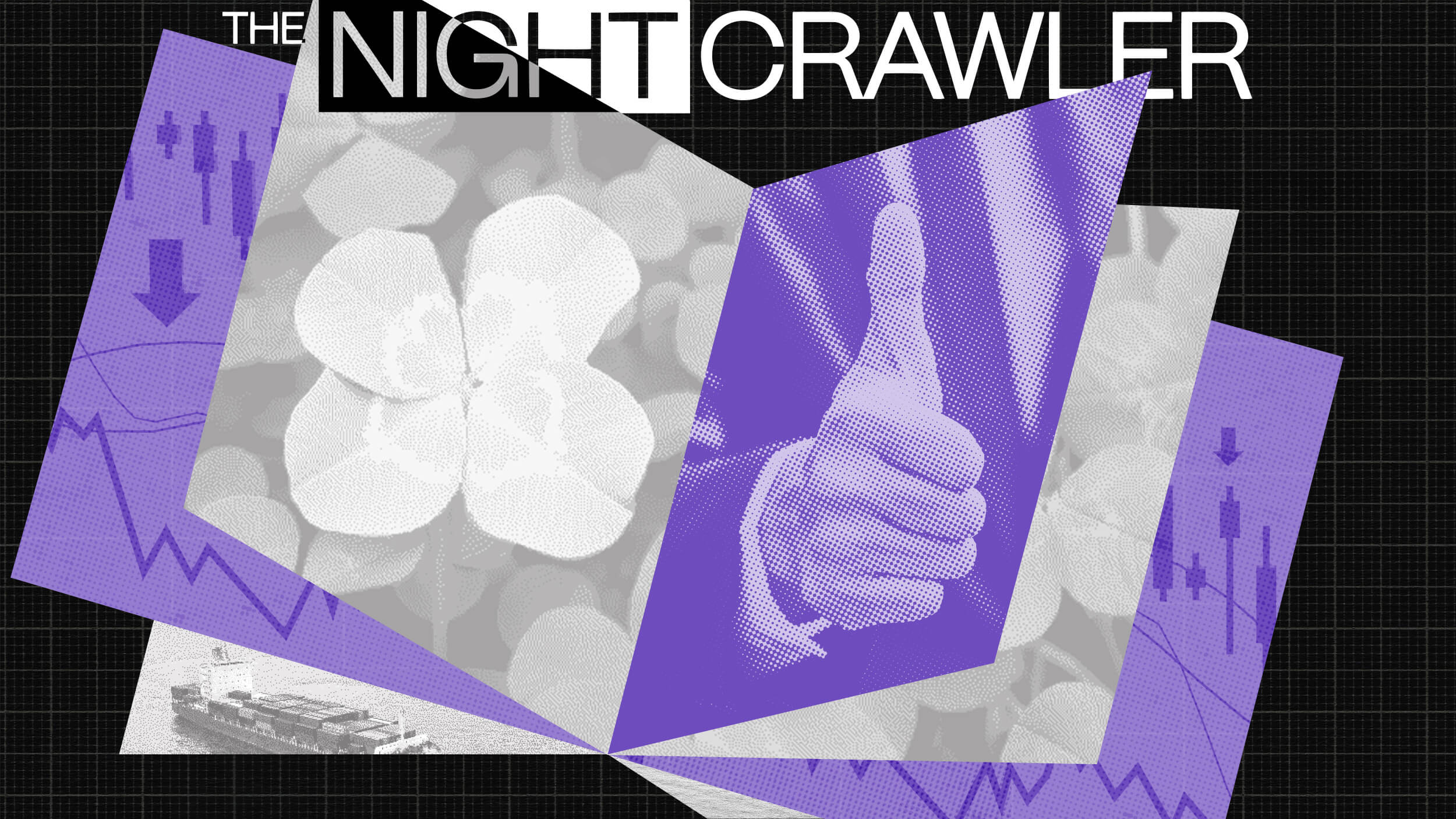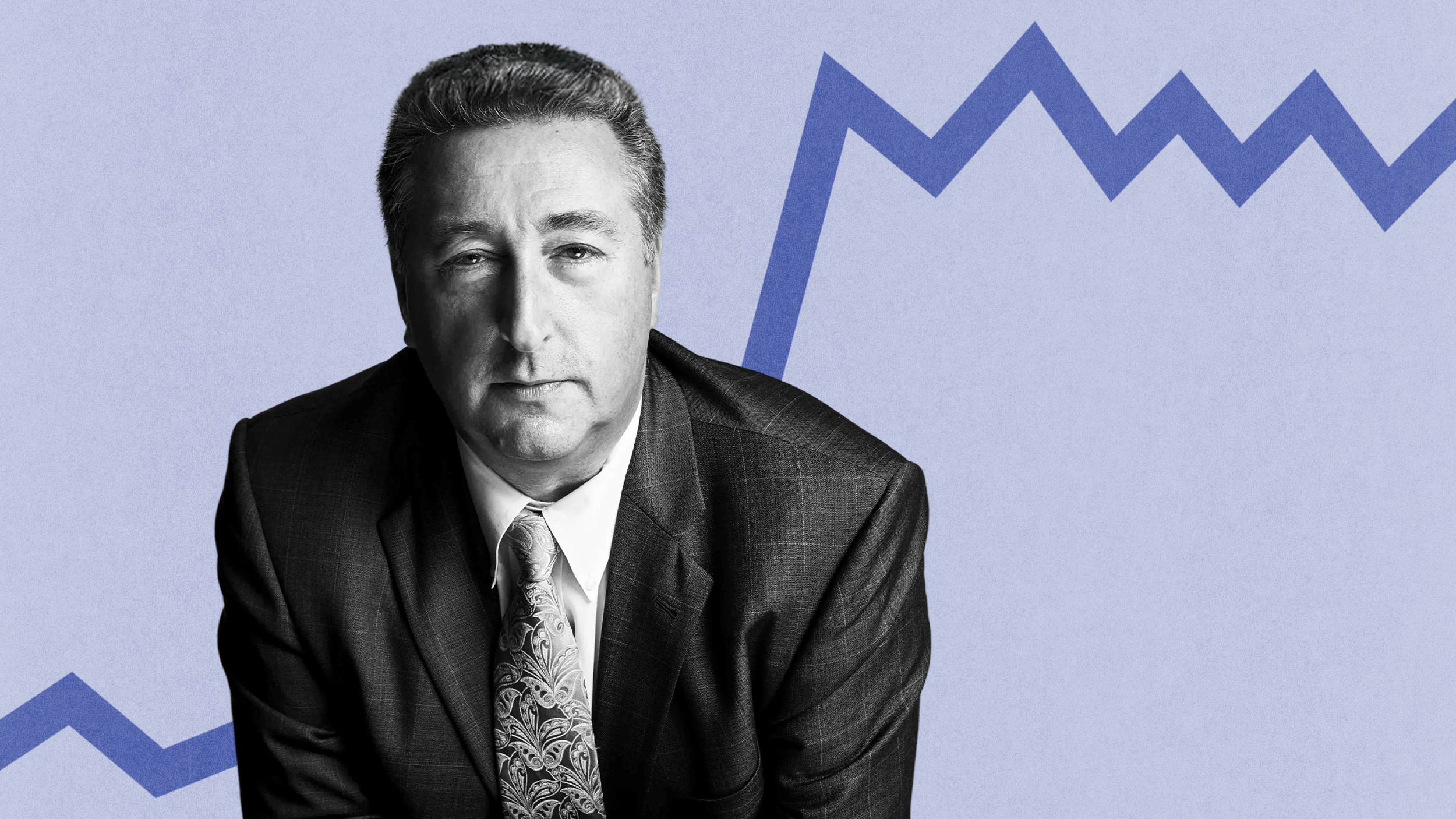Paul Krugman on learning from the Asian financial crisis.
Paul Krugman: I’m Paul Krugman. I’m a professor of Economics and International Affairs at Princeton and Op-Ed columnist for the New York Times. Question: Why did the fall of Lehman convince you we were returning to Depression Economics Paul Krugman: Well, that was the point at which it became clear that the financial system was disrupted enough. I mean, basically all of the indicators went crazy that low interest rates, the normal things that you do to fight recession were just not going to work. I mean, I thought we were headed there for a while before, but after the fall of Lehman, all of a sudden, you know, interest rates basically went to zero and we were stuck. Question: What should we learn from the Asian and Latin American crisis of the 90s? Paul Krugman: Ah, well, I mean, first of all, we… For the United States, the closest parallel is Japan, in the ‘90s, and Japan, you know, when Japan did do [fiscal] stimulus, it worked. It helped. So, what we learned is that spending is a way at least to mitigate the effects of the slump. They didn’t really start to turn things around until they did a really thorough going bank rescue, putting a lot of capital in the banking systems, and that tells you what needs to be done. So, it’s, you know, it’s basically a lesson in what works and in not putting off, spending the big bucks. If they’d done in ‘92 what they ended up doing finally in ‘98, they might have had a much, it might have been a lost three or four years, not a lost decade. Question: What did Japan do in 1998? Paul Krugman: Well, ’98, they said to the banks, you have to recognize your bad loans, you have to be sort of honest about where you are, and in return they put in about $500 billion, which, considering their economy, was only about the quarter of the size in dollar terms of what ours is now. It’s equivalent of a $2 trillion bank capital injection, and at that point things loosened up some. So, it was… You know, it was along the lines of what we’re doing now, but much bigger. Question: Why do you hope people read this book? Paul Krugman: Well, I think anyone who’s trying to, you know, understand what’s going on out there needs to read it. Anyone who wants to think about policy, because part of the moral here is that we are in a different universe for economic policy. The normal rules do not apply as long as depression economics prevails, and, you know, I think it’s, I hope it’s worth something to business people trying to figure out what they’ve been, what they should be doing next, and, gee, it’s… I think it’s a fascinating story, you know, just aside from everything else. If, you know, I’m horrified, I’m scared, I’m also just professionally awed and fascinated by what’s going on, you know? Every macro economist, which is half of these macro economists, every macro economist sort of has a lingering desire to live through the Great, the early stages of the Great Depression, to know what it was like, and here we are.






